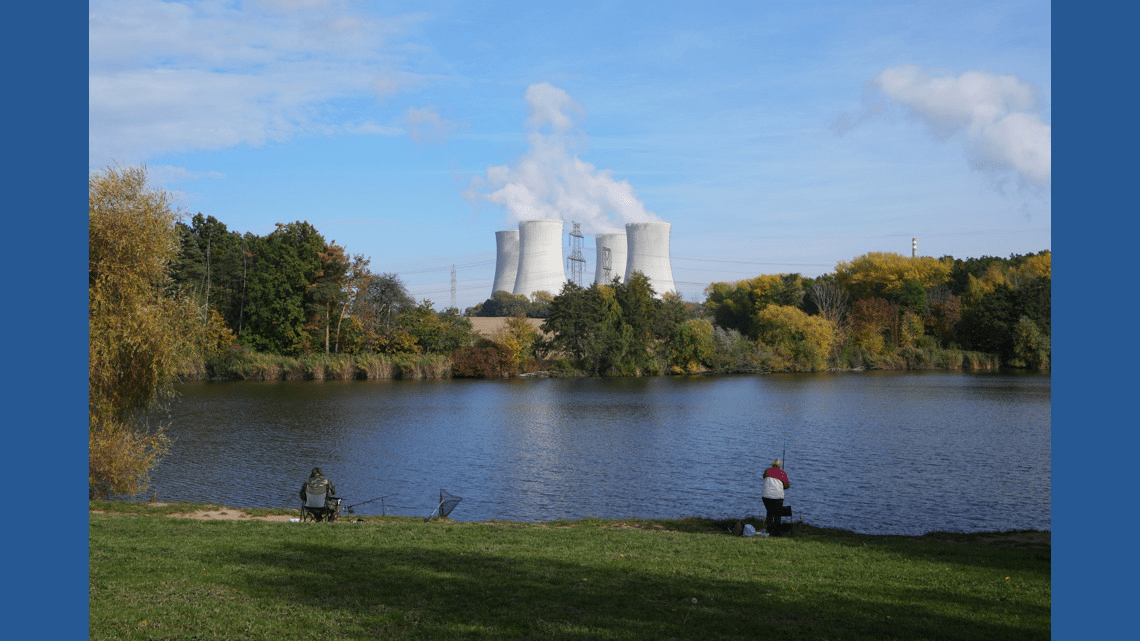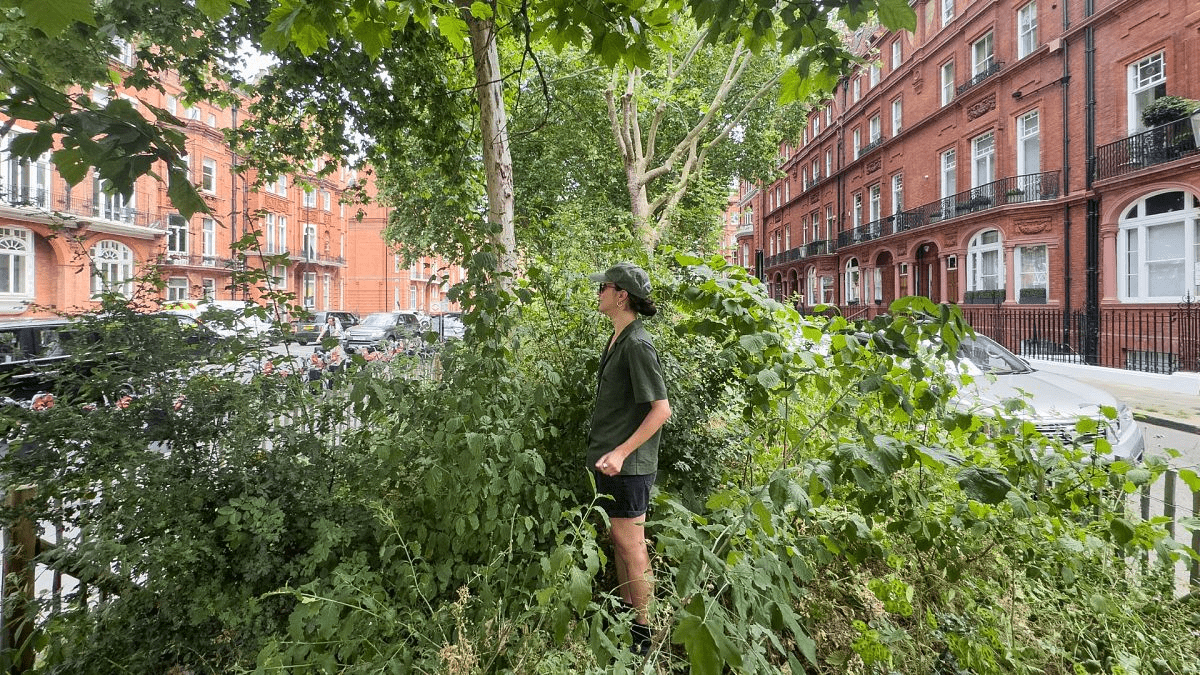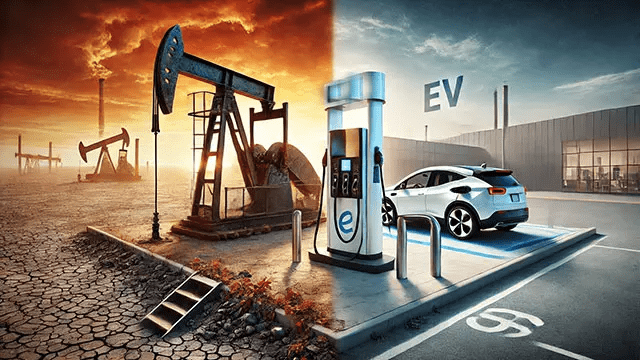$19 billion plan to double nuclear output
The Czech Republic is pushing ahead with one of Europe’s most ambitious nuclear expansion plans, approving a project worth more than $19 billion to build two new reactors at its Dukovany power plant. Officials say the aim is to at least double the country’s nuclear output over the coming decades and sharply reduce dependence on coal and gas. South Korea’s KHNP has been chosen over France’s EDF to construct the new units, each expected to generate more than 1,000 megawatts once they come online in the second half of the 2030s. The new reactors will operate alongside four existing units at Dukovany, built in the 1980s, and may later be followed by additional reactors at the country’s other nuclear site, Temelín.
Czech energy officials argue that expanding nuclear is essential if they are to replace ageing coal plants, meet climate targets and keep power prices relatively stable while electricity demand rises. Data centres, electric vehicles and new industries are all expected to add pressure to the grid in coming years. The government plans to take an 80% stake in the new project and secure a long-term loan that the partially state-owned utility CEZ will repay over 30 years. Prague is also seeking European Union approval for a contract structure that would guarantee stable returns on nuclear power for decades, arguing that the bloc’s decision to classify nuclear as “sustainable” should allow such support.
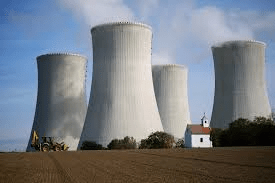
Europe’s nuclear revival and local concerns
The Czech move comes amid a broader nuclear revival across parts of Europe. France is planning new reactors, Poland is pushing ahead with its first nuclear units, and countries such as Belgium and Sweden have reversed earlier decisions to phase out the technology. Supporters say nuclear offers low-carbon baseload power that can complement wind and solar as the continent phases out fossil fuels. Critics, however, point to long construction times, rising costs and the unresolved question of long-term storage for radioactive waste. They also warn that tying consumers to guaranteed prices for decades could prove expensive if renewable technology continues to get cheaper.
In the Czech Republic itself, polls show relatively strong support for nuclear energy compared with many European neighbours, though environmental groups remain wary. Austria, which has no operational reactors, has long opposed nuclear projects near its border and is closely watching developments at Dukovany and Temelín. Czech officials insist that safety and transparency standards will match the strictest European norms, stressing that fuel supplies have already been diversified through deals with non-Russian providers. As work crews drill deep test shafts around Dukovany to check the geology for the new units, the project has become a test case for how mid-sized European economies balance energy security, climate commitments and the political risks of mega-projects.

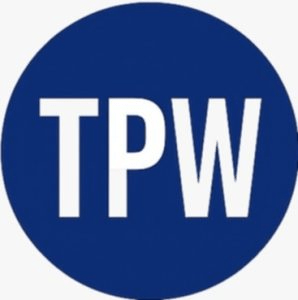 TPW DESK
TPW DESK 